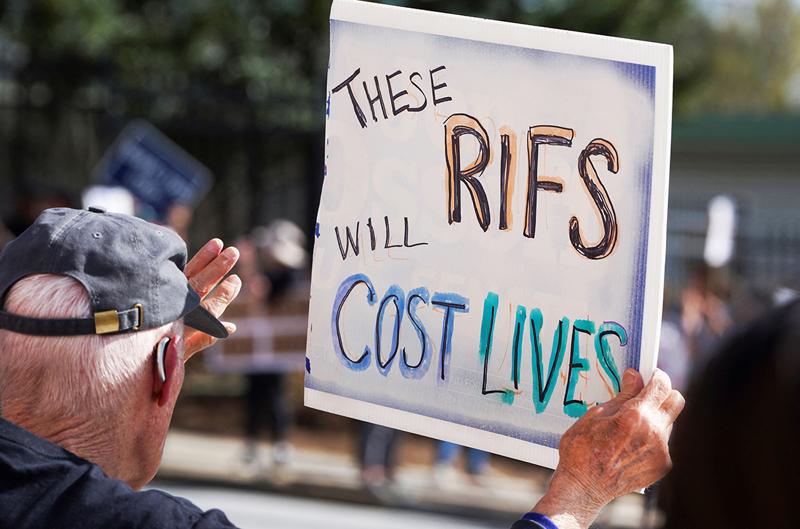Now Reading: Vaping Linked to Rising COPD Concerns: Is It Safer Than Smoking?
-
01
Vaping Linked to Rising COPD Concerns: Is It Safer Than Smoking?
Vaping Linked to Rising COPD Concerns: Is It Safer Than Smoking?

Rapid Summary
- E-Cigarette Usage Trends: Vaping has grown in popularity, becoming the second-moast common form of tobacco use in the U.S. The percentage of adult users increased from 4.5% (2019) to 6.5% (2023).Over a million middle and high school students reportedly use e-cigarettes, per CDC data.
- Health Concerns: While traditional cigarettes are strongly linked to severe health risks like COPD, heart disease, diabetes, and stroke, long-term studies on vaping are limited. Researchers confirmed that e-cigarettes pose significant risks for developing COPD.
- Study Findings: A Johns Hopkins study involving nearly 250,000 participants linked exclusive vaping to an elevated risk for COPD but found minimal correlation with type 2 diabetes or heart failure over four years. Combined smokers (e-cigarette + traditional) showed worse outcomes compared to exclusive users.
- Future Research Needs: The study highlights the need for long-term investigations into vaping’s impact on hypertension and respiratory health conditions.
The researchers suggest these findings could help shape future policies and regulations around vaping.
Indian Opinion Analysis
While the study primarily focuses on U.S.-based data, its findings have global implications given the increasing popularity of e-cigarettes across nations like India where regulation frameworks around vaping remain under scrutiny. With severe restrictions already enacted-such as India’s ban on e-cigarette sales in 2019-the link between vaping and health concerns such as COPD emphasizes why stringent monitoring is necessary to ensure public health safety amidst changing tobacco consumption patterns globally.
India’s proactive stance on banning choice smoking methods may shield its population from some associated risks raised by scientific studies like this one; however, education campaigns about both cigarette smoking and illegal forms of vaping might be instrumental in further reducing respiratory diseases nationwide. Additional longitudinal research that includes diverse geographic populations-including India-could bolster policymaking informed by local public health trends.




























